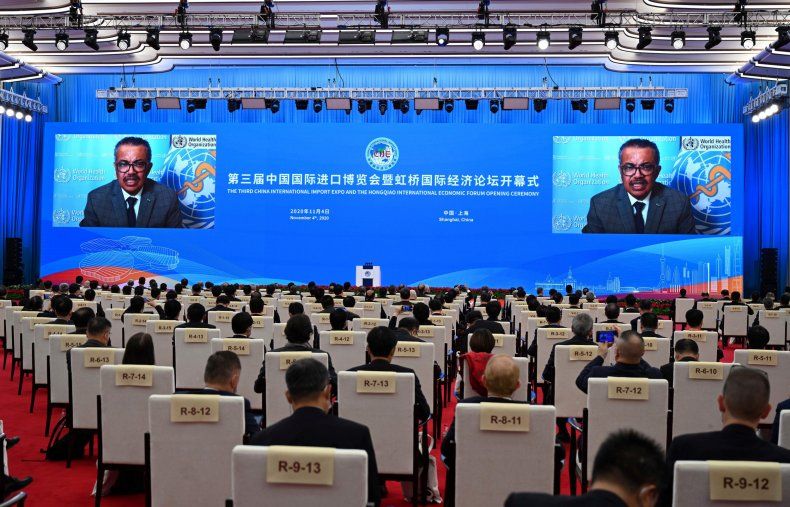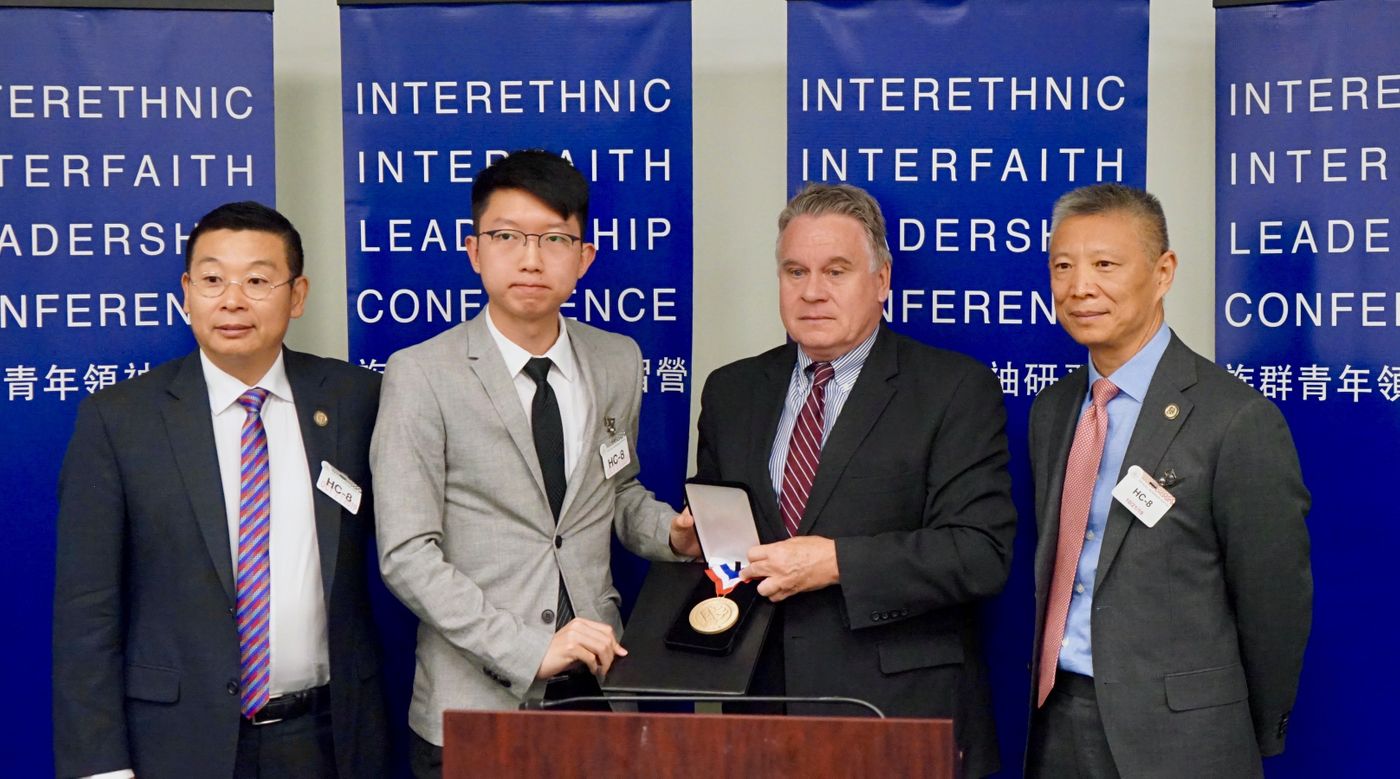The Biden Administration Must Fix the WHO's China Obsession
BY JIANLI YANG AND LIANCHAO HAN

President-elect Joe Biden would surely like to break away from his predecessor's legacy, but there is one thing he should build on instead of dismantling—the United States' tough approach towards China. Beijing's mismanagement of the coronavirus pandemic, from the attempts to cover up the origins of the virus to the lax attitude in containing the outbreak, has upended lives around the world, killed millions and cost trillions of dollars in economic losses. The complicity of the World Health Organization (WHO) in furthering the spread of this pandemic has demonstrated that it is beholden to Beijing, at the cost of global public health. It came as no surprise when President Trump began the United States' withdrawal from the WHO in July this year, turning up the heat on both China and the WHO.
During the campaign, candidate Biden promised that he would reverse President Trump's move "on day one" if he won. But Biden would be unwise to fulfill this promise without imposing some conditions on the flawed international organization. Understanding why requires another look at the WHO's complicity in the pandemic's spread since the beginning of this year.
Late last year, when residents of Wuhan, China, were first reporting cases of the mysterious flu, the Chinese Communist Party (CCP) sought to silence them by labeling them as conspiracy theorists. Ordinary citizens as well as medical personnel who were treating patients of this mysterious disease bore the brunt of Beijing's repression. By January 2020, as COVID-19 cases surged in Wuhan and other Chinese cities due to human-to-human transmission, Beijing downplayed the extent of spread of the virus. The WHO, as the premier global body in charge of health, followed the CCP's lead instead of doing an independent assessment.
The WHO even covered up the origins of the COVID-19 virus. In January, when suspect CCP investigations reported finding no clear evidence of human transmission of the virus, the WHO lapped up the findings. What was even more egregious was that the WHO overlooked Taiwan's different findings on the same issue. Had the organization done its due diligence on this issue and listened to Taipei, the virus could have been contained much earlier.
Instead, the world body urged member states not to implement travel restrictions, thereby allowing the rapid, unchecked global spread of the virus. One study found that China could have limited its infections by up to 95 percent had the CCP acted initially.
Yet the WHO carried on bowing to the CCP. In March, it declared a global health emergency and categorized COVID-19 as a pandemic, but by that time it was too late. Meanwhile, Director General Tedros Adhanom Ghebreyesus, who had just come back from a tour of China, praised Beijing for its handling of the virus. "China is actually setting a new standard for outbreak response," he said.
Beijing's behavior in this pandemic was not surprising. The CCP has a history of covering up health emergencies, to project the impression that Beijing is in control. In 2003, the world didn't learn about SARS until after it had escaped China and become impossible to deny. Likewise, to this day, China is denying the origins of the COVID-19 virus and has launched a propaganda campaign to fix the blame on other countries.
The WHO's bias in favor of China is evident from the fact that the organization has refused to admit Taiwan as a member-state. Taipei has also been denied permission to attend emergency meetings and briefings since 2016. When a journalist asked WHO assistant director general Bruce Aylward to comment on Taiwan's handling of the virus, he avoided commenting, claiming he had "already talked about China."
Clearly, the WHO prioritizes geopolitics over health issues. That need not be the case, and the Biden administration ought to ensure that the WHO's ability to play politics at the expense of global health is nipped in the bud. Biden can do so by simply insisting on two conditions before the United States commits to re-joining the WHO.
First, the United States should insist that the WHO recognize Taiwan as a member state or an observer, as a first step toward full membership. The fact that Taiwan has successfully checked the spread of COVID-19 through well thought out, aggressive measures—unlike China—has only strengthened its claim for WHO membership.
Second, the Biden administration must insist that the WHO act against its pro-China bias and initiate a credible, transparent investigation into the origin of the virus and China's responsibility for it.
These conditions would go a long way to restore the credibility of the WHO. They are even more critical at a time when China has invested considerable resources to cultivate influence in various international organizations. In the run-up to this pandemic, the organization failed the world. The Biden administration must take the lead to mend its course and ensure that the organization does not fall prey to geopolitical agendas and misinformation again.

Dr. Jianli Yang is Founder and President of Citizen Power Initiatives for China.
Dr. Lianchao Han is Vice President of Citizen Power Initiatives for China.
Originally contained in Newsweek